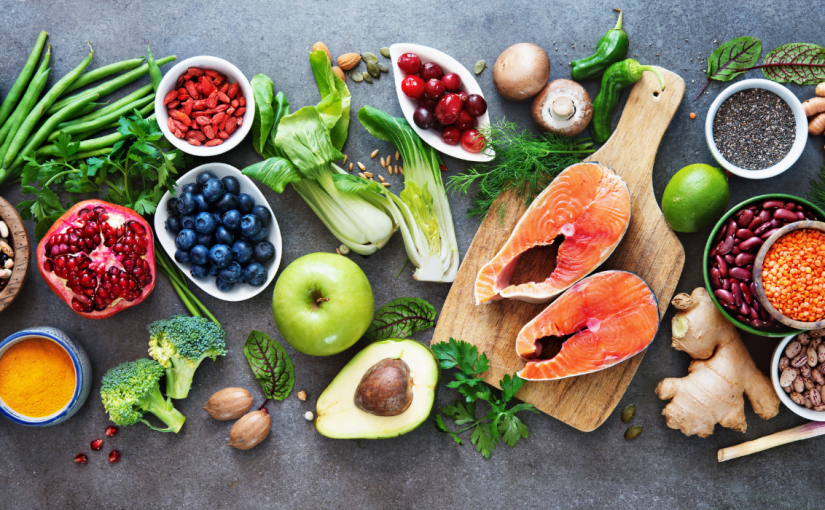
The hormonal shifts that accompany perimenopause and menopause lack a clear instruction manual, often leaving many women in a continuous cycle of trial and error when it comes to managing their symptoms. Fortunately, one of the most potent tools available for regaining control of your hormones is the food you consume. Certain foods contribute to hormone balance and can help alleviate perimenopause and menopause symptoms, while others can disrupt your body’s hormonal equilibrium.
When essential nutritional elements are lacking, hormonal imbalances can arise, leading to mood swings, weight gain, hot flashes, and reduced libido. The primary hormones affected during perimenopause and menopause are estrogen, progesterone, insulin, and testosterone, and your dietary choices can significantly impact these hormones. For instance, excessive sugar consumption can elevate insulin levels, trigger inflammation, and exacerbate nearly every perimenopausal symptom. On the other hand, incorporating vegetables, fruits, nuts, and seeds into your diet can provide phytonutrients and healthy fats that aid in managing even the most challenging menopause symptoms.
While there’s no one-size-fits-all diet, several foods have proven beneficial for most people seeking to balance their hormones:
1. Brassica (aka cruciferous) Vegetables: These include broccoli, cauliflower, kale, and cabbage, which contain indole-3-carbinol—a compound that helps metabolize estrogen in the gut and liver. This can be particularly helpful in addressing estrogen dominance.
2. Healthy Fats: Avocados, nuts, seeds, and fish are rich inomega-3 fatty acids and other fats crucial for reducing inflammation and supporting hormone production, especially progesterone.
3. Fiber-Rich Foods: Fiber is essential for gut health, which plays a critical role in hormone balance. Low-starch fruits and veggies, nuts, seeds, and whole grains can boost your fiber intake, aiding in estrogen metabolism and blood sugar regulation.
However, there are also foods and drinks that should be limited or avoided:
1. Caffeine: Excess caffeine can lead to increased stress hormone production and elevated cortisol levels, potentially exacerbating fatigue and estrogen levels.
2. Processed Carbs and Sugar: As tolerance to sugar decreases with age, limiting simple carbohydrates and sugars (like table sugar, baked goods, and packaged foods) becomes crucial for managing blood sugar and insulin levels.
3. Alcohol: Even moderate alcohol consumption can disrupt hormones, affect brain aging, and lead to elevated insulin levels and estrogen dominance.
4. Gluten: Gluten sensitivity can contribute to gut issues, thyroid problems, and autoimmune conditions, making it advisable to assess its impact on your health
Balancing your diet can ease the transition into perimenopause and menopause, regardless of whether you’re just beginning to experience symptoms or are already in the midst of them. By making thoughtful dietary choices, you can navigate this phase of life with greater vitality and well-being.
Your Partner In Health,
Sara Yadlowsky, FMHC








